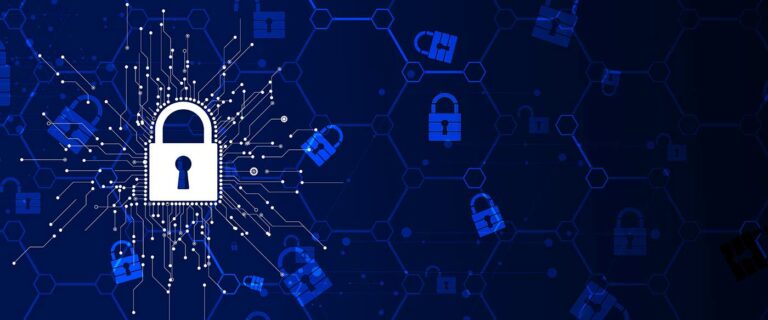Digitization is becoming more and more obvious. Accessibility through mobile devices and laptops has made it easier for hackers to gain access to the system as remote arrangements have become more popular. Any gadget that connects to the company’s network can be attacked, including laptops, cell phones, tablets, and more. Cybercriminals know that these endpoints are where a company is most vulnerable.
If hackers get into the system, they will do a lot of damage and steal company secrets and other private data at the same time. Endpoint security software options are revolutionary for keeping a connection safe. It keeps devices safe from attacks by bad people by using advanced defenses.
What is Endpoint Security
Endpoint security refers to the protection of endpoints from cyberattacks, which includes devices like smartphones, tablets, and laptops. Endpoints make it easy for people to get into an organization’s system. Insufficient defenses make it simple for hackers to access private data, spread viruses, and create major security holes.
Advanced endpoint security software fights threats by combining multiple monitoring policies and software solutions, unlike traditional antivirus software that only gets rid of known malware. Agile methods help businesses find threats early on, so they don’t have to deal with major data breaches.
Components of Endpoint Security
- Antivirus and Anti-Malware Software
Having antivirus software is important for keeping your system safe from harmful files. To find threats, modern endpoint security solutions for businesses use methods like multi-factor identification and behavioral analysis.
- Threat detection and response
Endpoint detection and response tools constantly watch out for actions that seem odd. It lets IT leaders find threats right away and stop them in real time to limit the damage.
- Firewall and Network Security
Firewalls prevent unauthorized individuals from accessing the network by filtering out data. They work with threat protection systems to keep different endpoints safe from damage from the outside.
- Data encryption
Security codes are used to secure the data before it is sent over the network. This feature ensures that hackers cannot view the stolen data. It won’t be able to be read.
- Access control
Controlling who has access to particular private documents is essential. Only verified individuals can access private data thanks to endpoint security software. It achieves this by adding more layers of protection.
Endpoint Devices That Require Protection
- Desktops and laptops are used by employees.
- Smartphones and tablets are used for mobile work.
- Hefty servers that store sensitive data.
- IoT devices such as a printer and a camera.
Benefits of Endpoint Security
- Minimized cyberattacks due to advanced threat detection and mitigation.
- Increased productivity as no disruptions caused by attacks.
- Compliance with all the regulatory standards, such as GDPR and HIPAA.
- Control and better visibility on endpoints.
Conclusion
In a time when cyberattacks are becoming much more common, businesses can’t skimp on security. To fight cyberattacks and safeguard devices from serious attacks, it is essential for businesses to invest in endpoint security software.
Different methods are used by advanced protection software to keep endpoints safe. Eventually, purchasing endpoint protection software will expose sensitive data to hackers for malicious purposes. So, the brand’s trustworthiness and image are kept up.



